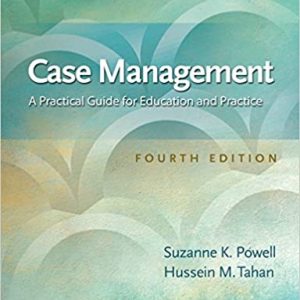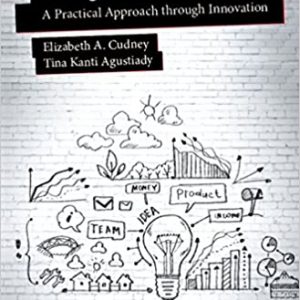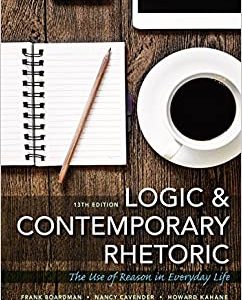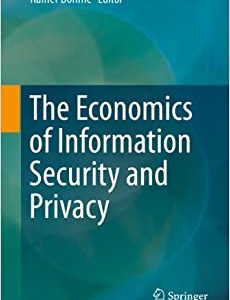Creative Thinking and Arts-Based Learning Preschool 6th by Joan R. Isenberg
by Joan Packer Isenberg; Mary Renck Jalongo
ISBN-13: 9780132853361
ISBN-10: 0132853361
Creative thought and artistic expression: What is the value of these processes
and the resulting products for children and families, communities, and society
at large? A feature article in Newsweek (P. Bronson & Merryman, 2010) asserts
that we are in a ?creativity crisis?; the authors cite the research of many leading
experts who have seen a decline in creative products as support for their
claim. Why should educators be concerned about such things at a time when
tough talk about academic standards, teacher accountability, and international
ranking
on tests dominates the educational scene? As this book will demonstrate,
the ability to think in innovative and productive ways is a survival skill in a
world where we are inundated daily with information (K. Robinson, 2001). In the
past, the educated person took pride in knowing something about many things
and knowing a few things reasonably well. Today, knowing no longer suffices.
Instant
access to information has made it relatively easy for us to know, or at least
to quickly find out, about virtually any topic. In fact, if the information explosion
continues and artificial-intelligence technology advances, the children we work
with today will have even less need for the rote memorization of basic content
that has characterized traditional early and elementary education.
The audience for Creative Thinking and Arts-Based Learning: Preschool Through
Fourth Grade needs only to look around to see that expectations for children,
teachers, and teacher educators have changed dramatically. Contemporary children
are immersed in a world of fleeting images and multiple symbol systems;
their challenge is to negotiate the complexities of that increasingly chaotic context.
Contemporary teachers are expected to teach for understanding to local,
state, and national benchmarks for academic excellence. Today?s college and
university faculty are expected by accrediting agencies to demonstrate that their
teacher candidates have attained not only knowledge of pedagogy but also the
professional dispositions of an effective early childhood or elementary teacher.
Across all of these groups, the message is consistent: aim higher, achieve more,
and contribute further to society. When the pressure is on, there is a tendency
to discredit, disregard, or completely overlook the very thing that is most necessary
in the preparation of students and their teachers. At the very time when we
are most in need of creative responses in complicated situations, young children
are being subjected to constant drill and practice of basic skills. We contend that
creative thinking is necessary to survive and thrive in an uncertain future.











